5 Best eCommerce Website Builders for Online Store in 2024
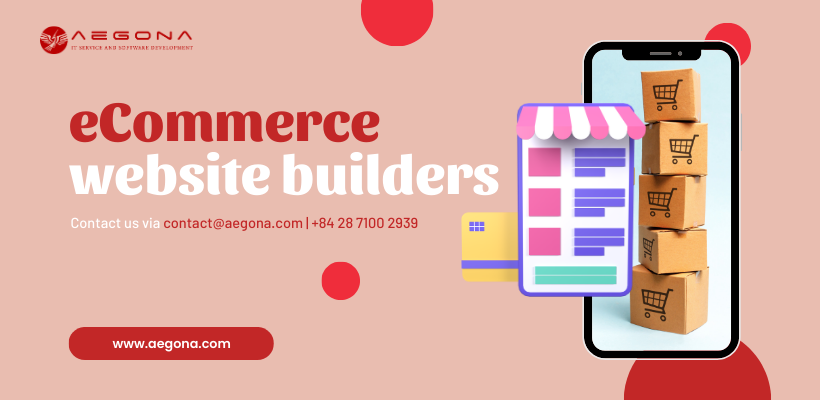
Discover the top 5 eCommerce website builders for crafting exceptional online stores in 2024. Choose the perfect platform to elevate your business with ease, functionality, and seamless customer experiences.
1. Introduction eCommerce Website Builders
In the dynamic landscape of online commerce, the role of eCommerce website builders stands paramount. These platforms serve as the backbone for businesses venturing into the digital realm, providing the tools necessary to craft and manage online stores.
eCommerce website builders offer a gateway for entrepreneurs and established enterprises to establish a robust online presence swiftly. They empower users with intuitive interfaces and pre-designed templates, enabling the creation of professional-looking websites without exhaustive technical expertise.
Selecting the appropriate eCommerce website builder is a pivotal decision in the journey of creating an online store. The chosen platform significantly influences the store's functionality, user experience, scalability, and ultimately, the success of the business. A careful evaluation of features, customization options, scalability, and pricing models is vital to aligning the chosen platform with the unique needs and ambitions of the online store.
As we delve into exploring the top eCommerce website builders for 2024, understanding the role and impact of these platforms becomes pivotal in making informed choices for burgeoning or established online businesses.
Read more: Aegona: Top E-Commerce Website Development Company In Vietnam With Cost-Effective Solutions

2. Best eCommerce Website Builders for Online Store in 2024
1. Wix
Wix boasts an extensive array of over 500 eCommerce templates, covering diverse categories from electronics to fashion. Its drag-and-drop editor offers unparalleled customization, empowering users to tailor their sites effortlessly. Wix Stores, integrated into each template, furnishes a suite of eCommerce tools enabling inventory tracking, order management, and product page customization.
Additionally, Wix's App Market, with 250+ apps, augments functionality. While most features are accessible on the free plan, accepting online payments necessitates an eCommerce subscription. Plans offer unlimited products, enhanced storage, and video support, along with advanced tools like abandoned cart recovery and product reviews.
Notable features include Wix SEO Wiz for SEO optimization, multi-channel selling on platforms like Facebook and Instagram (available on Business Unlimited plans or higher), deferred payment options with services like Afterpay, Clearpay, and Laybuy, and the Wix ADI tool, generating a unique eCommerce site swiftly.
2. Squarespace
Squarespace impresses with its collection of elegant and sophisticated eCommerce templates, ensuring mobile responsiveness across all designs. Though slightly limited in creative freedom compared to some platforms, Squarespace enables users to add a unique touch to their sites.
Its user-friendly product management tools and robust inventory system facilitate discount offers, gift card sales, and waitlists for out-of-stock items. Notably, Squarespace excels in promotional tools, allowing customization of email templates for brand consistency and creating pop-ups to highlight new products and deals.
For optimal use of Squarespace's eCommerce features, upgrading to the Basic Commerce plan is recommended, removing transaction fees and unlocking tools such as e-commerce analytics, customer accounts, and product reviews. Squarespace offers a 14-day free trial for users to explore these features before committing.
Key features include eye-catching gallery layouts for creative displays, a user-friendly blogging platform, a free logo maker for branding, and a scheduling tool for service-based businesses managing appointments and bookings.
Read more: Web Development Service | Aegona
3. Shopify
Shopify, a specialized e-commerce platform, facilitates rapid creation of appealing online stores. With approximately 90 themes, including 9 free options, it offers customization via an intuitive drag-and-drop editor. Users can import third-party themes or employ developers for bespoke designs.
Noteworthy features include Shopify’s Point-of-Sale system, syncing data between physical and online stores, alongside inventory management and staff access controls. Marketing tools like Shopify Email, allowing 10,000 monthly free emails, cater to growing businesses. The platform offers 6,000+ apps for enhanced functionalities.
Most features, including unlimited products, multi-channel selling, and abandoned cart recovery, are available across Shopify plans. Higher-tiered subscriptions offer expanded staff accounts, inventory locations, and reduced transaction fees.
Key features encompass 3D asset displays for interactive product experiences, Shopify Payments with multi-currency support and no transaction fees (additional fee applies), one-click multi-channel marketing for platforms like Facebook, Instagram, TikTok, eBay, and email automation capabilities for targeted messaging.
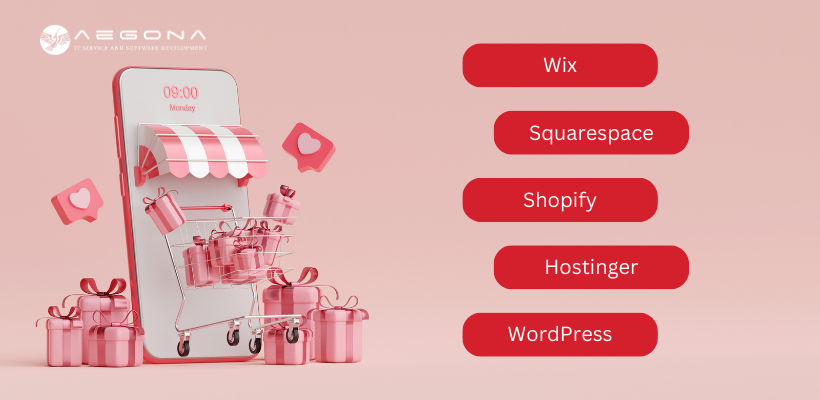
4. Hostinger
Hostinger Website Builder prioritizes speed and simplicity, offering an ideal platform for small to medium-sized online businesses. Its mobile-friendly and customizable e-commerce templates, facilitated by a user-friendly drag-and-drop editor, allow users to swiftly manage inventory, orders, shipping, and marketing campaigns.
Supporting over 70 payment methods and multi-platform selling options (Facebook, Instagram, Amazon), Hostinger excels with its AI business tools. These tools, including AI Writer for SEO-optimized content and AI generators for business names and slogans, enhance brand recognition, though some customization may be necessary for optimal results.
The Business plan unlocks comprehensive e-commerce features, accommodating up to 500 products, AI tools, blogging capabilities, and marketing integrations (e.g., Facebook Pixel, Google Tag Manager, Google Analytics). Additionally, Hostinger offers a 30-day money-back guarantee for users to explore its offerings risk-free.
Key features encompass a customer relationship management (CRM) tool, a booking system for service-based sales, integrations with Facebook Messenger and WhatsApp for live chat, and a website importer tool for seamless content migration.
5. WordPress
WordPress offers numerous e-commerce designs within its theme library, supplemented by a vast array of third-party themes from marketplaces like TemplateMonster and ThemeForest. To establish a comprehensive online store, users must integrate e-commerce plugins such as WooCommerce or Ecwid.
WooCommerce, designed specifically for WordPress, facilitates essential e-commerce features like shopping cart management, inventory tracking, and payment acceptance. The extensive plugin library extends functionalities, incorporating product recommendations, FAQs, galleries, and booking tools.
To leverage WooCommerce's capabilities, a subscription to the WordPress.com Business plan is required. This plan offers premium templates, access to 50,000+ plugins, video support, advanced SEO tools, and Google Analytics integration.
Key features encompass the flexible Gutenberg content editor for section-specific content modifications, Easy Digital Downloads for managing digital products with advanced features, automated backups, one-click rewind capabilities (available on Business plans and higher), and Jetpack essentials ensuring faster-loading pages, spam protection, and optimized SEO.
In short, Aegona has come up with 5 best eCommerce Website Builders for your reference. In case you do not have an implementation team, you can choose to hire Aegona developers, we have a diverse team with experience working on these platforms. Contact via [email protected] or hotline +84 28 7109 2939.
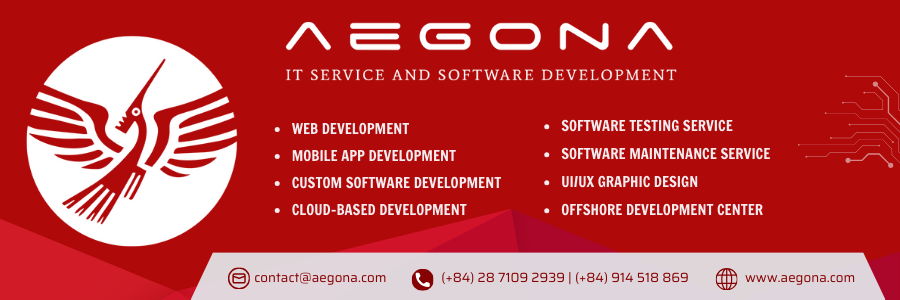
related post

On June 16, 2025, following a series of technical discussions and alignment on technology directions, Aegona and Biblia officially signed a strategic cooperation agreement to develop a comprehensive digital publishing platform that integrates both E-books and Audiobooks.

In the global software development market, outsourcing Node.js development in Vietnam has become one of the most strategic choices for startups, SMEs, and enterprises looking to optimize costs while maintaining top-notch quality.

We are proud to announce that Aegona has officially achieved ISO 9001:2015 certification, an internationally recognized standard for quality management systems.

Outsourced IT staff offers a strategic alternative: you get skilled professionals exactly when you need them, without the overhead of permanent hires.
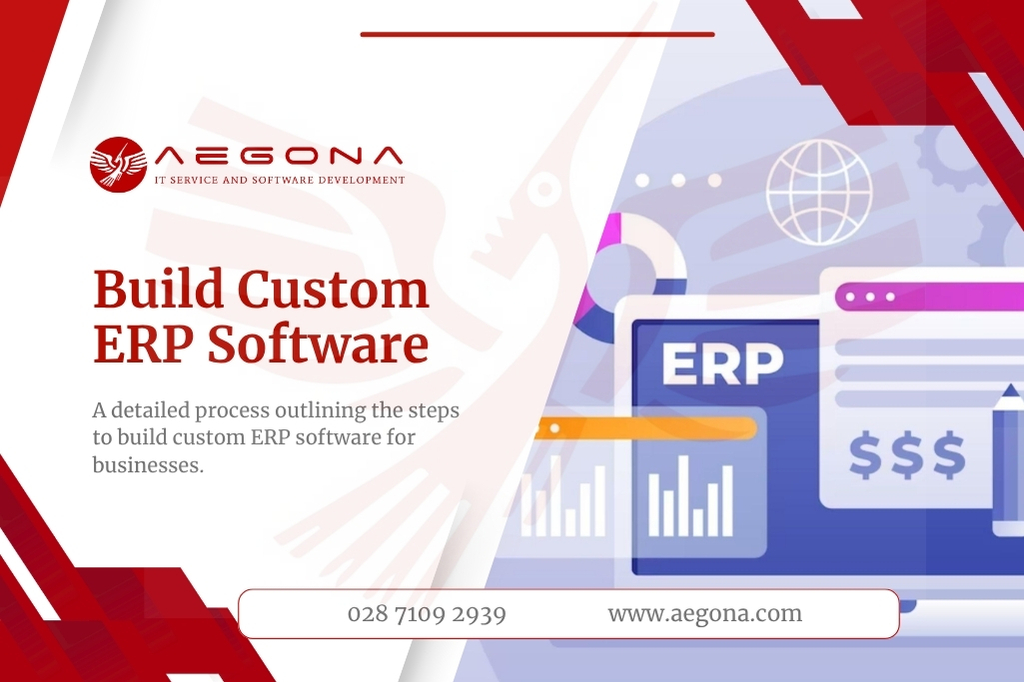
Build custom ERP software to streamline operations, boost efficiency, and fit your business needs. A complete step-by-step guide.
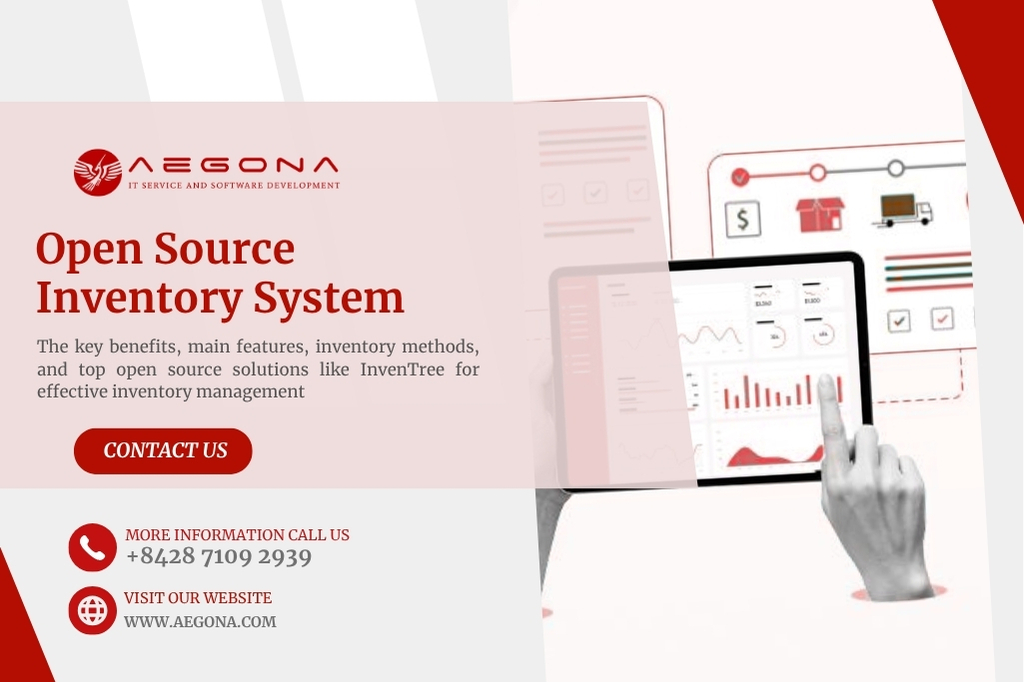
Discover the best open-source inventory systems like InvenTree. Learn key features, benefits, and tools to optimize warehouse and inventory operations.
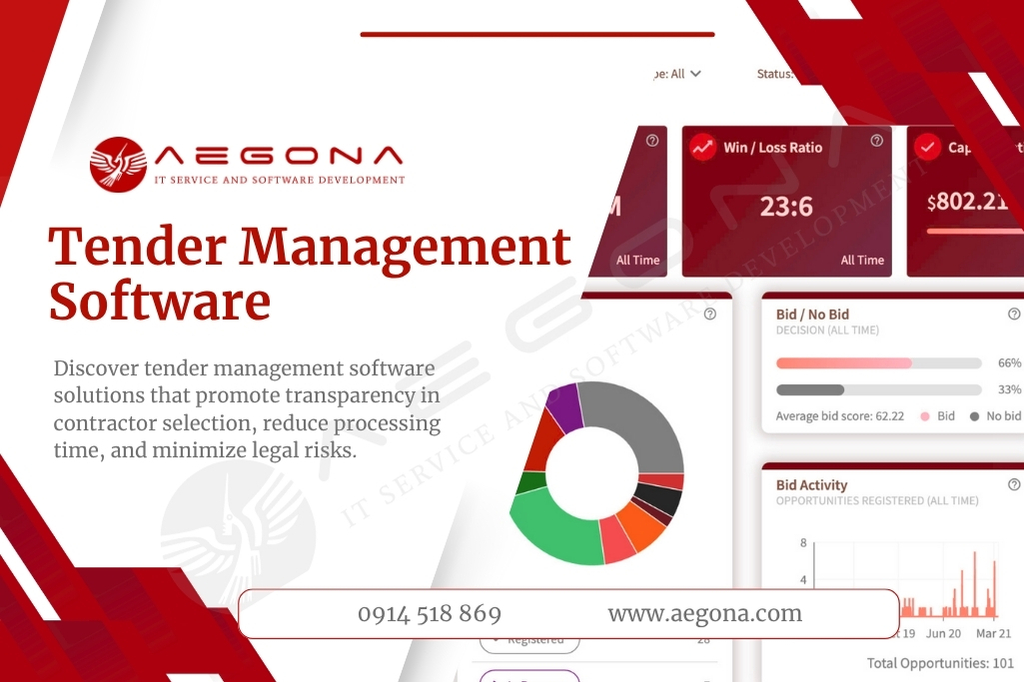
Discover how Tender Management software streamlines bidding, boosts efficiency, and when to choose a custom-built solution.

Discover the benefits of hiring offshore PHP developers in Vietnam and explore a step-by-step process to build a skilled, cost-effective development team.

Discover the key benefits and features of real estate app development in Vietnam for businesses aiming to grow in the digital property market.

Custom FinTech app development for banking, insurance, payments & more. Secure, scalable, and tailored to your business.
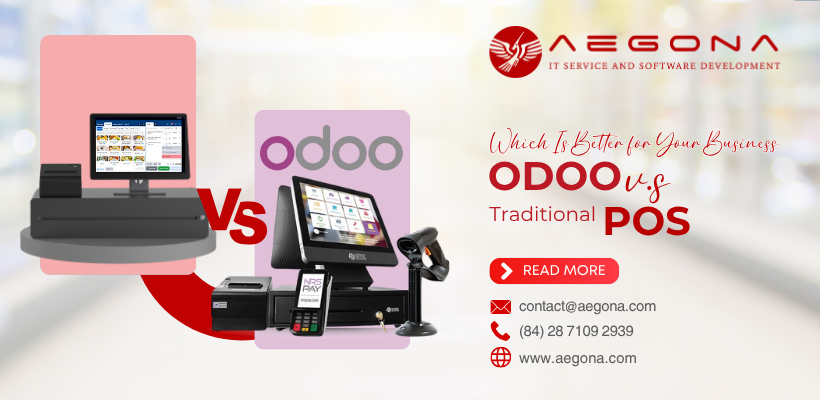
Odoo POS software is becoming an effective alternative to traditional POS systems thanks to its flexible integration capabilities and reasonable cost. Using sales management software plays an essential role in optimizing business operations. This article will help you compare Odoo software and traditional POS systems to find the most suitable option for your business.

the trends, AEGONA highlights 5 IT outsourcing trends expected to accelerate by the end of 2025 — and based on those, suggests four updated business strategies to help Vietnamese firms stay ahead of the game.

Alongside other big names riding the AI wave, Copilot AI is gaining increasing attention. It’s becoming an indispensable assistant for businesses aiming to accelerate workflows, minimize errors, and optimize operations. So, what exactly is Copilot AI? How does it work, and what benefits does it bring? Let’s explore the full picture below.

RAG LLM Solution (Retrieval-Augmented Generation) seamlessly combines data retrieval with large language models (LLMs) to enable AI systems to deliver accurate, rapid responses, creating optimal user experiences. Aegona proudly stands as a leading software development company specializing in RAG LLM solutions that empower businesses to maximize the potential of AI for sustainable growth.
